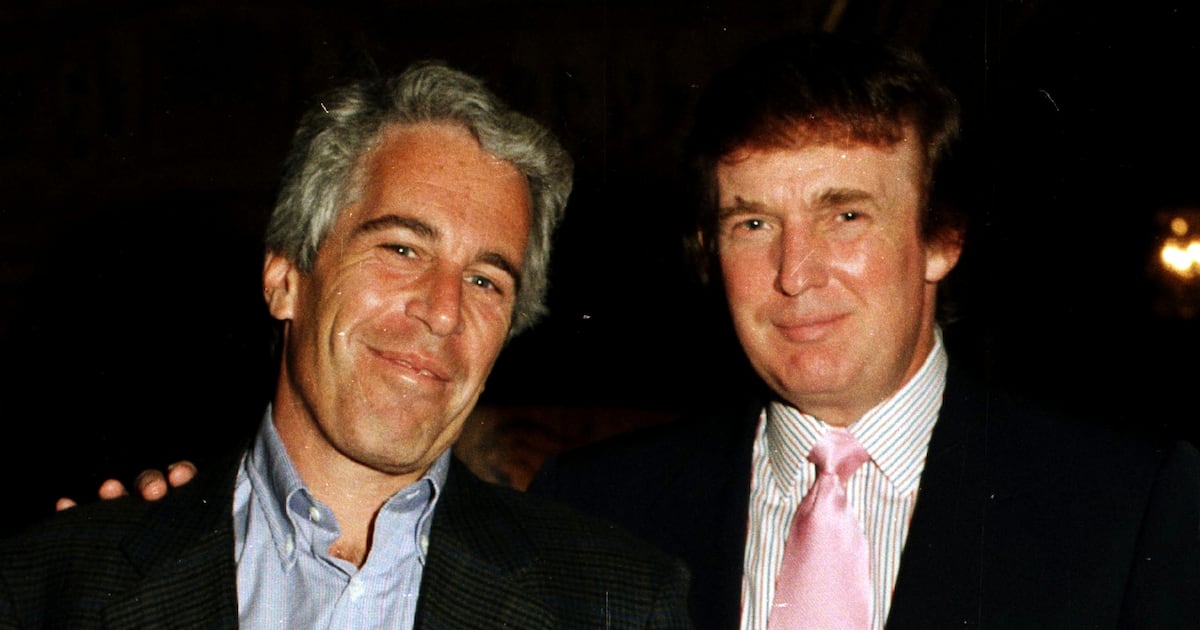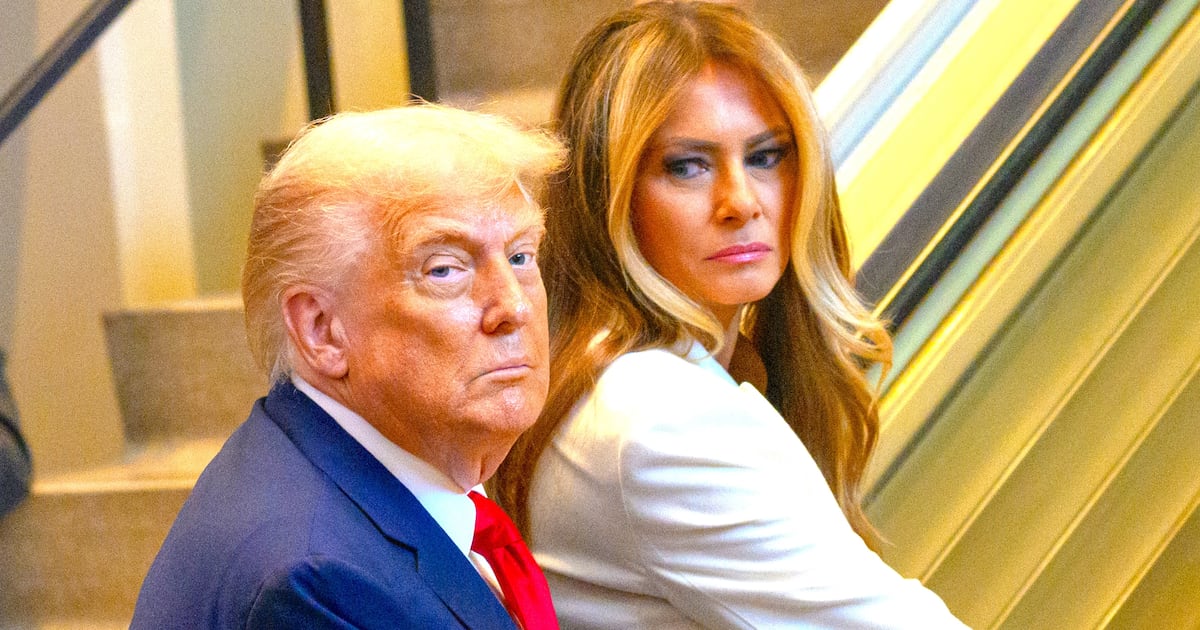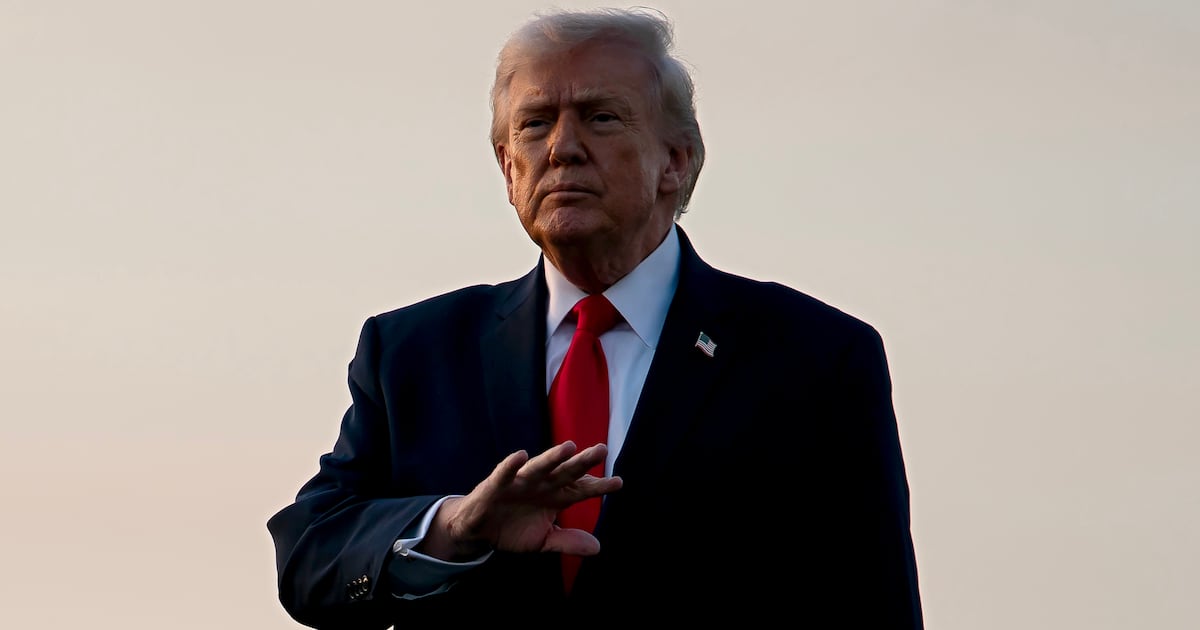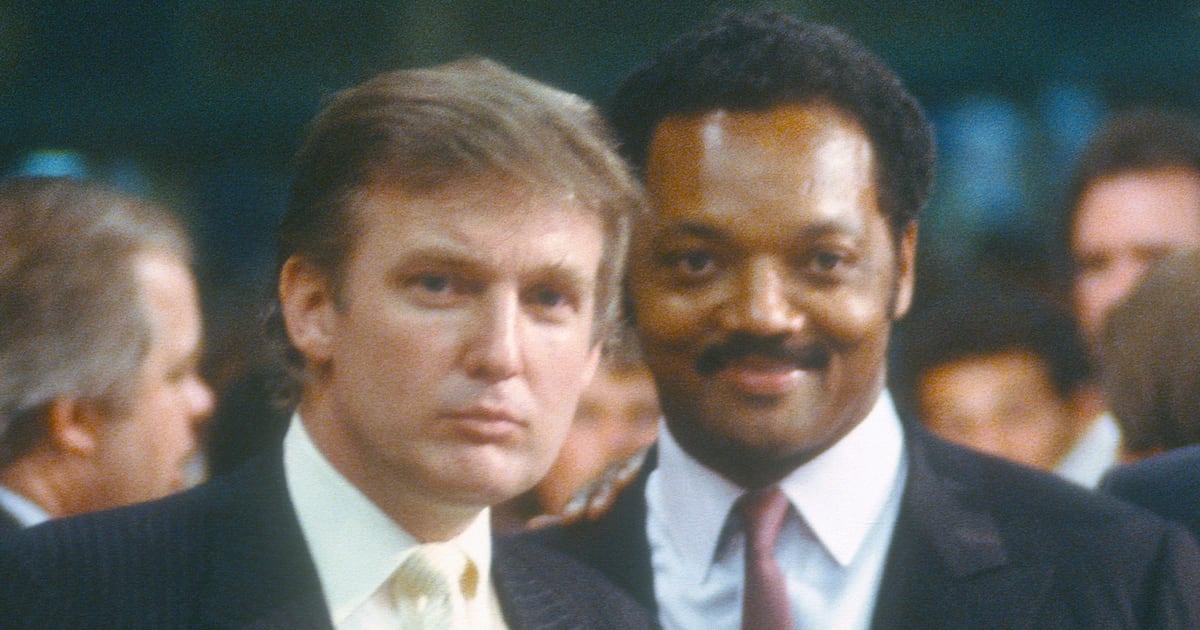On Thursday morning, I attended my son’s elementary school graduation at an elementary school in West Virginia.
I divided my time, diligently scanning the room, the other parents, and the other attendees—as if I could stop someone with an AR-15. I spent the rest of my time looking at these kids, on the verge of middle school, and thinking about how their whole lives are in front of them. The 19 kids who were murdered in Texas were just like them. It’s heartbreaking, it’s unacceptable, and it’s the world we live in.
I grew up amidst gun culture. My dad was a prison guard in Hagerstown, Maryland, and he was an avid hunter (we’re talking rifle season, bow season, and black powder). As far as I’m concerned, it was a normal, healthy environment. Even though I’m not a fan of the gun fetishization we have seen from the likes of Reps. Lauren Boebert and Thomas Massie, I’m also not a citified elite. I support the Second Amendment. But I’m also a dad who wants his (and everyone’s) kids to be safe.
These things should not be mutually exclusive—but in our modern political paradigm, they are.
But even if they weren’t, mass shootings would still be an incredibly complex and frustrating problem. Despite what activists will tell you, there are no easy, simple solutions.
In the wake of the Buffalo shooting, everyone was focused on white supremacy and online radicalization. But what do you when the shooter is Asian or Latino?
Think red flag laws are a panacea? Mass shootings happen in states where there are red flag laws that clearly failed to keep weapons out of the hands of dangerous or mentally ill people. Think the answer is tougher gun control? Mass shootings happen in blue states like New York and California—and mass shootings are sometimes perpetrated by people who (despite living in a state with tough gun control laws) legally purchase a gun. Think universal background checks are the answer? The young men who commit these particular types of heinous murders tend not to have a criminal record. Think guns are the sole problem? Mass murders happen with instruments like pressure cookers and automobiles.
The key, I think, is to do everything better, while knowing that no one thing will be a cure-all.
We can harden our schools, knowing that no amount of security or drills could stop every would-be invader. We can implement even more stringent red flag laws—and do a better job of educating mental health experts, teachers, and family members to adopt a “see something, say something” vigilance—accepting that some troubled young men will still slip through the cracks. We can increase funding for mental health programs. We can try to pass some common-sense bipartisan gun reform laws (for example, longer wait periods and universal background checks).
Knowing that there’s a trend of police not quickly intervening, we can train police and insist that they quickly and decisively respond to an active shooter (or face penalty).
We can get much more serious about stopping bullying, knowing that many shooters are bullied. Realizing that many shooters come from broken homes, we can try to address policies that diminish instances of divorce and homes where boys grow up without a male role model. We can think through problems like isolation and loneliness and lack of purpose that may be plaguing young men, and incorporate these considerations into our policy decisions (for example, whether to close schools for over a year because of COVID).
We can do a better job of monitoring the websites, movies, music, and video games our kids are spending countless hours surfing, watching, listening, and playing.
None of these things are “the answer,” yet all of these things add up to a comprehensive strategy. Our politicians could—and should—do something to address as many of these problems as possible. While it would not “solve” the problem, it would save lives. And yet, such a nuanced, multi-pronged approach feels unsatisfying.
We prefer to be reductive; we want to believe there is one thing that we can declare war on and fix. But just as we cannot “solve” the problems of murder or rape or blackmail (despite the fact that they are already illegal), we can mitigate such challenges by improving what is within our control.
We are talking about the lives of our children. So this issue is more emotional than logical. With the stakes being so high, suggesting a myriad of policies that tinker around the edges of the issue invites mockery and derision. Where’s the passion? Where’s the urgency?
You want passion and urgency? We could actually solve this problem very rapidly—if we were willing to go there.
Here’s how we could do it in a month: 1) Ban the sale of all (or semi-automatic) weapons. Have the military go door-to-door seizing weapons; after that, mere possession of any illegal gun constitutes jail time. 2) Empower the government to use Big Data to monitor your online activity (emails, social media, and browser history), and employ algorithms to predict potential shooters; posting weird or threatening things online results in an immediate psychological evaluation. 3) Shut down message boards like 4chan and 8chan, and ban violent video games like Call Of Duty, etc., and violent films (like Taxi Driver). 4. Make it easier for family, teachers, and government officials to commit someone who poses a threat to themselves or others. 5. Turn schools into police states.
Plugging all the holes would require doing each of these things. And I have no doubt it would be effective.
But here’s the thing: There is never going to be the political will to do any of them, and even if there were, there would be too many civil rights concerns on both sides of the aisle (the right would object to gun control and online censorship, and the left would object to infringements on civil liberties regarding mental health commitments, surveillance, and different forms of online censorship).
The sooner we accept these limitations, the sooner we can settle on a more realistic strategy. But nobody who insists they have “the answer” wants to tell you this because there is no constituency that wants to hear the bad news that the only workable answer in a free country (with a Second Amendment and a thriving gun culture) is incremental progress.
Besides, even if we could push aside the Constitution and civil liberties, would anyone want to? Remember, you’re talking about a country where people on both sides of the political spectrum still constantly complain about taking our shoes off when we pass through airport security.
At this point, you may be thinking that I am poking holes in every possible solution to guarantee nothing gets done. And, to be sure, some intellectually dishonest brokers are trying to muddy the waters long enough for some other media story to knock Buffalo and Uvalde off the front page. That’s not my goal.
Politics is messy, and we cannot outlaw evil. What we can do, however, is use our intelligence to mitigate it.
It’s time to stop focusing on the “One Perfect Solution” and instead, quickly move to implement a series of incremental reforms that will slow this pernicious trend. That won’t satisfy anyone. But it might be as good as it gets.








